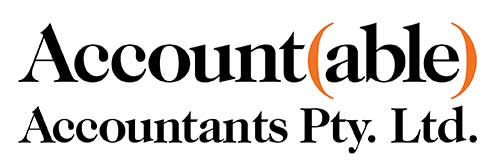Your super will be stapled – what does that mean?

To stop the creation of unnecessary super accounts, the government has introduced a system where you will keep your existing super fund when you change jobs – that is, your super account will be ‘stapled’ to you.
What does stapling mean?
If you are an employee, this means that when you change jobs your super fund will still be the same fund you had at your last job, unless you take an action to make a change. If you have never had a super account before you will need to choose one, or your employer will create an account for you with their default fund.
If you are an employer, when you hire a new employee, you must use an Australian Taxation Office (ATO) database to check if your employee has an existing super fund. If a fund is recorded, then you must send contributions to that fund, unless your employee asks for a change.
What are the implications of stapling?
While stapling will mean that fewer super accounts are created, there is no guarantee that employees are getting the best outcomes from their super by staying with their existing fund.
Employees should regularly review their fund’s investment returns (to make sure they are strong) and fees (to make sure they are competitive). A good time to review your super is when you change jobs and/or when you receive your annual statement from your existing fund.
Employers will be obligated to search for their new employees’ existing fund. A new account can only be created with the employer’s default fund once it is confirmed by the ATO that it cannot identify a stapled fund for the employee.
